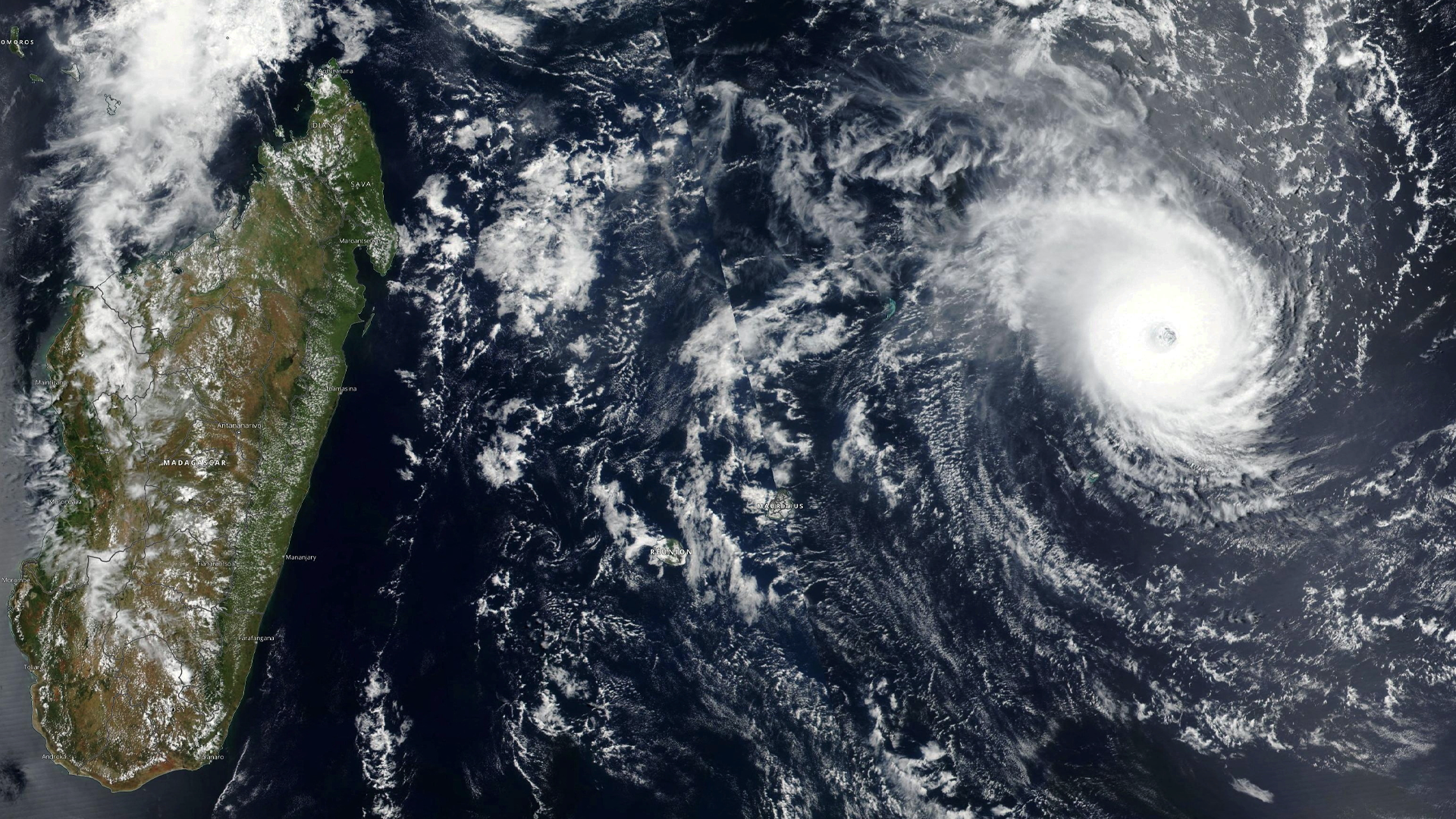Malawi, Mozambique, and Madagascar experienced heavy rains from early February to mid-March caused by Cyclone Freddy killing close to 600 people, and leaving more than 500,000 displaced. According to UNICEF, more than half of the affected population are children.
At the beginning of this year, Cyclone Lindiwe struck Malawi, Mozambique, and parts of Southern Africa, unleashing heavy rains and strong winds.
The cyclone left a trail of destruction, resulting in widespread flooding, landslides, and damage to critical infrastructure and homes. This event exposed the vulnerability of these countries to severe weather phenomena, underscoring the pressing need for increased investment in disaster preparedness and resilient infrastructure.
Throughout the course of February to mid-March, Cyclone Freddy, which first developed off the coast of northern Australia, has caused devastating damage and loss of life as it made landfall in Madagascar, Mozambique, and Madagascar on three distinct occasions.
In Malawi, the heavy rains have caused rivers to overflow, leading to widespread flooding and landslides. According to UNICEF, as of mid-March, close to 10,000 cholera cases had been reported. The country is currently on a mission to begin a mass cholera vaccination drive with an aim to reduce the spread.
Thousands of individuals have been affected, resulting in the displacement of many from their homes and loss of crops. The cyclone has had a profound impact on Malawi’s economy, which is heavily reliant on agriculture.
Additionally, the destruction of transportation has created significant obstacles for relief efforts attempting to reach those most in need.
According to UNICEF, cyclone Freddy has piled more woes on Malawi, already grappling with the deadliest cholera outbreak in its history, which has killed thousands of people. With the cyclone, the health situation has worsened. The outbreak has had a significant impact on children’s education, health, and survival.
Cholera disease spreads quickly in areas with high population density, such as schools, where children can easily contract the infection.
Many schools in affected areas have remained closed. This month, Malawi further closed ten schools due to the heavy rains caused by Cyclone Freddy devastating the nation.




















